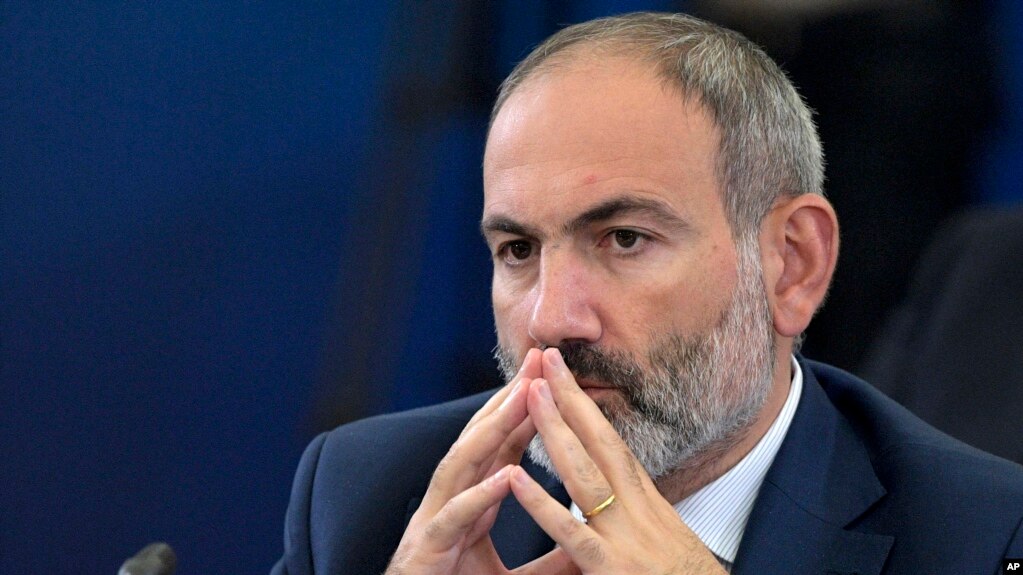Lebanon hopes to start repatriating Syrian refugees within months over objections by the United Nations and rights groups, a minister said in an interview Wednesday.
Lebanon has one of the world's highest numbers of refugees per capita and currently hosts over 1 million Syrians who fled the decade-old conflict. Officials say the influx has cost Lebanon billions of dollars and further damaged its crippled infrastructure.
"We are serious about implementing this plan and we hope to do so within months," Issam Sharafeddine, Lebanon's caretaker Minister of the Displaced, told The Associated Press. "This is a humane, honorable, patriotic and economic plan that is necessary for Lebanon."
The U.N. High Commissioner for Refugees and rights groups oppose involuntary repatriation to Syria and say the practice risks endangering the returning refugees.
The U.N. refugee agency in a press statement denied that it is engaged in negotiations with Beirut and Damascus on refugee returns.
"UNHCR continues to call on the government of Lebanon to respect the fundamental right of all refugees to a voluntary, safe and dignified return," the statement read.
The United Nations estimates that 90% of Syrian refugee households live in extreme poverty. But since late 2019, poverty has worsened for both Lebanese and Syrians as Lebanon continues to struggle with a crippling economic crisis. Sky-rocketing fuel prices coupled with a currency collapse have meant many essential commodities are now out of reach.
In recent months, a surge of Lebanese, Syrians, and Palestinians have tried to flee cash-strapped Lebanon by sea to Europe.
The Lebanese minister on Monday presented the plan to President Michel Aoun. A committee consisting of caretaker PM Najib Mikati, Sharafeddine, six other ministers and the country's General Security agency had been working on the proposal since March to gradually return some 1.5 million Syrian refugees from Lebanon.
Sharafeddine plans to visit Syria next week to meet Local Administration and Environment Minister Hussein Makhlouf. He hopes they will agree on a concrete timeline for the plan to repatriate 15,000 Syrian refugees every month. The minister says Maklouf had told him that the Syrian government could provide temporary shelter for repatriated refugees in areas that are "entirely safe."
"We have statistics from the Interior Ministry of the names of the displaced, where they live, and where they're originally from, and so we would return them by neighborhood," the minister said. He said Lebanon is willing to repatriate refugees in larger numbers if the Syrian government is able to receive them "at a later stage."
Human rights organizations in recent reports have documented cases of arbitrary detention, enforced disappearances, and a host of human rights violations against returning refugees.
Sharafeddine rejected these reports as a "fear campaign" and said the Syrian government has agreed to drop charges against former opposition fighters and political opposition.
"I was surprised that the Syrian state has eased matters a lot for returns even when it comes to security matters -- even those who held weapons will get waivers," Sharafeddine told the AP.
The caretaker minister also criticized the UNHCR and donor countries for not being willing to redirect refugee aid to Syria, which he says deters refugees from returning.
"Whatever the UNHCR's position is, we will go ahead with the plan," he said.
Source: Naharnet.com





